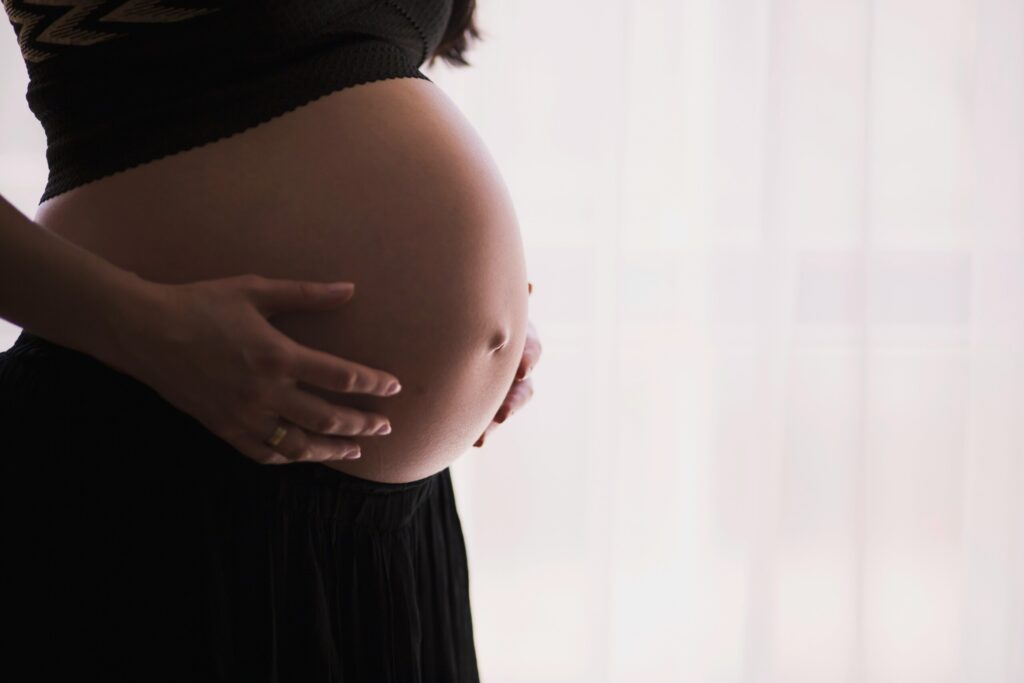When you have one or more fibroids, you may worry about what that means for a pregnancy. Now, these growths aren't usually cancerous. But they because they grow in and around the uterus, often during your reproductive years, they may interfere with conception, fetal growth, the delivery process, and more. Here's what you need to know.

Fibroids in the uterus can make it hard to conceive, particularly if they block the fallopian tubes, or if they keep a fertilized egg from implanting in the uterine lining. Then, if you do conceive, you'll have an increased risk for miscarriage.
The risk for pregnancy is highest in the early months of pregnancy. But if you do remain pregnant, you may also face:
Additionally, having fibroids during pregnancy results in a six-fold increase in your risk for a necessary C-section. Additionally, because these growths can change the shape of your uterus, you're more likely to deliver a baby in the breech position. Finally, women who go through pregnancy with fibroids are more likely to experience post-partum bleeding.
Unless you're facing a medical emergency, we don't recommend treating fibroids while you are pregnant. Instead, during the pregnancy, your OB will likely monitor your baby and the fibroids via ultrasound. This should help prevent potential complications.
However, if you know you have a fibroid and are planning to get pregnant, you may wish to consider pre-conception treatment. Our interventional radiologists in Dallas are happy to discuss Uterine Fibroid Embolization, a minimally invasive treatment option with you. However, because we don't have volumes of data on conception following UFE, many women prefer to wait until they've completed their families before scheduling this procedure.
The advantages of UFE over hysterectomy include:
Research has also explored the relationship between folic acid and fibroids. Our findings suggest that folic acid can help to balance your diet, especially for those trying to conceive or are currently pregnant.
Ready to see if you're a good candidate for UFE? Click here to request an appointment with our fibroid specialists in Dallas, TX.

Scheduling
Please contact our dedicated specialists to schedule a consultation today.
2024 Dallas Fibroid Center. All rights reserved. Website Design by Healthcare Success